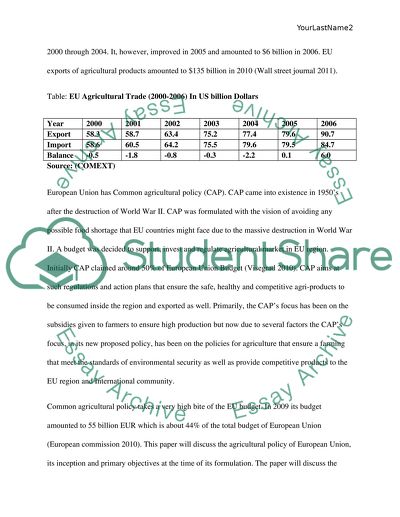Cite this document
(“Importance Of Agriculture Policy For European Union Essay”, n.d.)
Retrieved de https://studentshare.org/history/1392543-importance-of-agriculture-policy-for-european-union
Retrieved de https://studentshare.org/history/1392543-importance-of-agriculture-policy-for-european-union
(Importance Of Agriculture Policy For European Union Essay)
https://studentshare.org/history/1392543-importance-of-agriculture-policy-for-european-union.
https://studentshare.org/history/1392543-importance-of-agriculture-policy-for-european-union.
“Importance Of Agriculture Policy For European Union Essay”, n.d. https://studentshare.org/history/1392543-importance-of-agriculture-policy-for-european-union.


